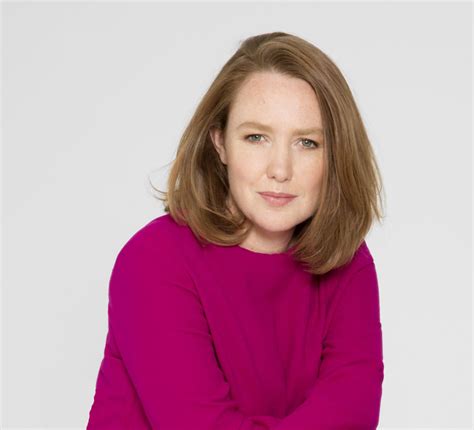A Quote by Slavoj Žižek
Friends told me that the latest trend, at least in Europe, is public sex. They showed me some clips, and they're terrifying. A couple enters a streetcar, half-full, simply takes a seat, undresses, and starts to do it. You can see from surprised faces that it's not staged. It's pure working-class suburb. But what's fascinating is that the people all look, and then they politely ignore it. The message is that even if you're together in public with people, it still counts as private space.
Related Quotes
Facebook's a wonderful, incredible way to bring humanity together. They've brought together 2 billion people in the largest fictional family in history. So young people are starting to empathize with each other through Facebook across the globe. This is wonderful. However, when everyone needs Facebook because it's so successful that everyone's on it, then it starts to look like a global public utility, a public good. Same with Amazon.
I always felt, and I still feel, that the media doesn't belong in a public official's private life. It's a very difficult balance, because if you are elected to public office, people have a right to know a great deal about you, and the press has an absolute obligation to report all of that. But the reality is that there are times in which the reporting is really happening for almost voyeuristic reasons, in the gossip columns. Maybe half of it is wrong, and half of it is correct, and a lot of it is exaggerated. You've just got to get used to that if you're in public life.
Impotence therefore faces both those who believe in what amounts to a pure, stateless, market capitalism, a sort of international bourgeois anarchism, and those who believe in a planned socialism uncontaminated by private profit-seeking. Both are bankrupt. The future, like the present and the past, belongs to mixed economies in which public and private are braided together in one way or another. But how? That is the problem for everybody today, but especially for people on the left.
Public virtue cannot exist in a nation without private, and public virtue is the only foundation of republics. There must be a positive passion for the public good, the public interest, honour, power and glory, established in the minds of the people, or there can be no republican government, nor any real liberty: and this public passion must be superiour to all private passions.
sex has never been private and it never will be. We perform the act in private but we must be public about the connection. Sex is how we pass down worldly goods. It's how we create the primary unit of our society, the couple. ... This rule applies to gay people as well as straight people. ... The community absolutely must know who is straight, who is gay, who is married, and who is single. Without that information we make painful mistakes and lose time.
I look at sport and competition as something that has been personally enormously beneficial to me. It's helped me create life skills. And if we carry ourselves with grace and dignity and try our best - even when we fall on our faces, as will happen sometimes - then I think people will see that. And that will be the message of sport and the Olympics.
We all have one other world we live in: our public world. Some people call it our public persona. This is the world where someone who doesn't know you privately, personally, or professionally hears your name and has some opinion about you one way or another. So the question becomes: where is integrity rooted? Some people think it's rooted in their public life. They spend all of their time trying to spin their public image. It's not rooted there, however. It's simply revealed there. People who lack integrity will have it revealed publicly.









































